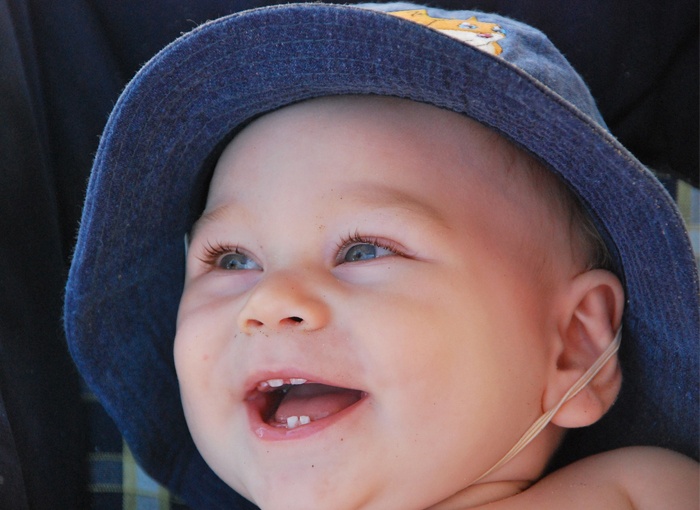Who doesn’t like to have bright white teeth! After all, a bright smile with shining teeth is the best combination for any face. That’s why a lot of people across the world use teeth whitening products. But, the question here is whether children should use whitening products or not? A straight answer to the question would be, wait until they reach the right age or consult with a dentist. As per the pediatrics dentists, 13+ is the minimum age when children can start using teeth whitening products. However, a lot of other researchers say otherwise. Let’s dig deep into the question to find the most appropriate answer as it’s about the dental health of your children.
Possible Effects of Teeth Whitening Treatment on Kids
Kids below 13 have baby teeth which are extremely sensitive towards the use of whitening products. That’s why the following points need special attention from the parents across the globe who wish to use these products on their children.
- Some research related to the use of whitening products in kids has revealed that children using teeth whitening products may face increased teeth sensitivity, variations in teeth colour, and dentin demineralization.
- For the best dental health, it’s also suggested that children should wait until they reach the age of 18 before using any kind of teeth whitening product. The reason behind is the concentration of Hydrogen peroxide in teeth whitening products such as pens, gels, whitening strips, etc. that can damage the dental health of teens.
- Other strong chemicals used in teeth whitening products may cause damage to gum tissue and tooth nerves in kids.
In the context of this question, there are certain things you need to be aware of.
Criteria for Kids to Use Teeth Whitening Products
Make sure that your children fit the following criteria before using the whitening products:
- They should not have any baby teeth left. You must know that teeth whitening kits are designed and tested on adult teeth. So if you expose your child to whitening products before s/he gets all adult teeth, your child may not have the dental health s/he deserves.
- They must have got all adult teeth and all of them should be in place.
- If your kid is going through any kind of orthodontic treatment, make sure it’s completed before starting teeth whitening treatment.
- Do not use any kind of whitening product on your child’s teeth without the dentist’s suggestion.
- For the best possible dental health of your kid, always buy teeth whitening products recommended by your dentist.
Instruction to Use Teeth Whitening Products
- Each teeth whitening product has certain instructions mentioned on it. Make sure to follow them when using the product on your child. Also, discuss with your dentist whether it’s suitable for kids or not.
- Teeth bleaching products should be strictly avoided for kids below 13 as they can cause unnecessary dental problems for your kids including gingival irritations that happen after teeth bleaching.
- You should not try attempting any kind of teeth whitening treatment on your kids at home if you are not completely aware of the process. Always consult with a dentist first about it.
- Dentists recommend that Hydrogen peroxide in teeth whitening products should not exceed 0.1% as far as kids are concerned.
Although teeth whitening among kids is becoming common these days, you need to be a little patient and let your child reach the right age. The bottom line is kids should not be using these products unaided and parents are supposed to discuss with a dentist before using such products on their kids.
Book Appointment to find out which treatment might be best for you.




